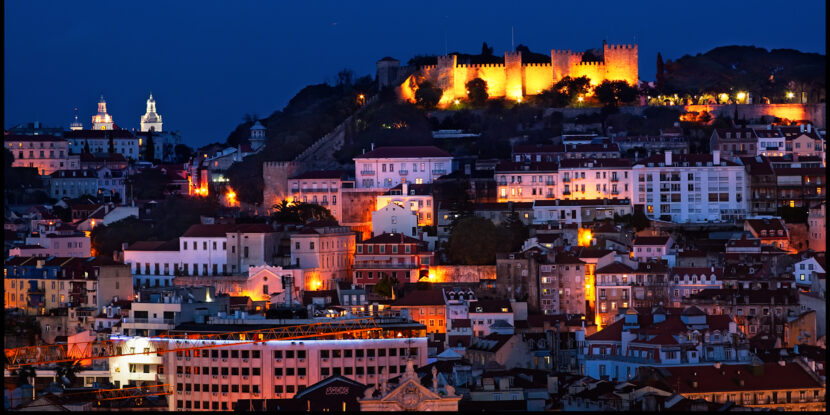PULSE POINTS:





IN FULL:
A widespread power outage hit Spain, Portugal, Andorra, and parts of France on Monday. The disruption led to issues in public transport, phone and Internet services, and basic utilities such as traffic lights and ATMs.
Spanish electricity operator, Red Eléctrica, reported significant effects throughout the Iberian Peninsula, which has a combined population surpassing 50 million. Details on the exact number of people impacted remain unclear, but several regions in Spain, including the parliament building in Madrid and numerous subway stations, were left without power just after midday. A chart from Spain’s electricity network indicated a significant drop in electricity demand around 12:15 PM, plunging from 27,500MW to about 15,000MW.
In Portugal, similar scenarios unfolded in the capital, Lisbon, as well as in northern and southern areas. The Portuguese government, represented by Cabinet Minister Leitão Amaro, indicated that the disturbances likely originated from issues with the distribution network in Spain. However, the exact cause of the outages was unconfirmed as of the time of publication.
Local distributor E-Redes described the problem as stemming from the European electricity system, which had to strategically cut power to stabilize the grid. Disconnects were also reported in certain areas of France. Some reports indicate a fire on south-western France’s Alaric Mountain, which damaged a high-voltage power line, may also have played a role.
Transportation in the Portuguese capital of Lisbon was severely affected, with subway cars evacuated. Legal proceedings came to a halt, and electronic payment systems, including ATMs, were rendered inoperative, further complicating daily life. Communication was interrupted, preventing mobile phone calls, although some apps remained functional.
Efforts were made to restore service, with France reportedly overcoming its outages and Spain reporting partial recovery of power supply in the country’s north and south several hours after the blackout began.
The incident highlighted the vulnerabilities in cross-border energy dependencies within Europe, where energy security has deteriorated as a result of an ongoing sanctions war with Russia and net-zero policies shutting down many traditional power plants.
show less















